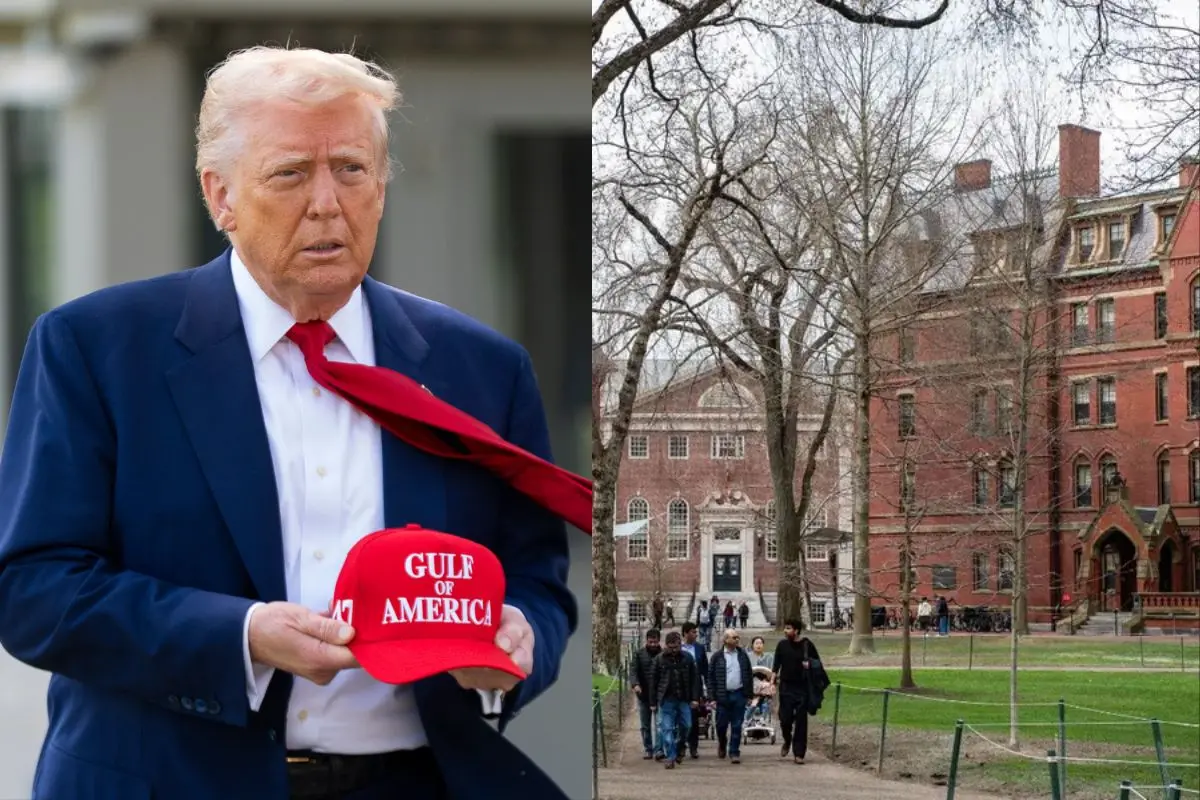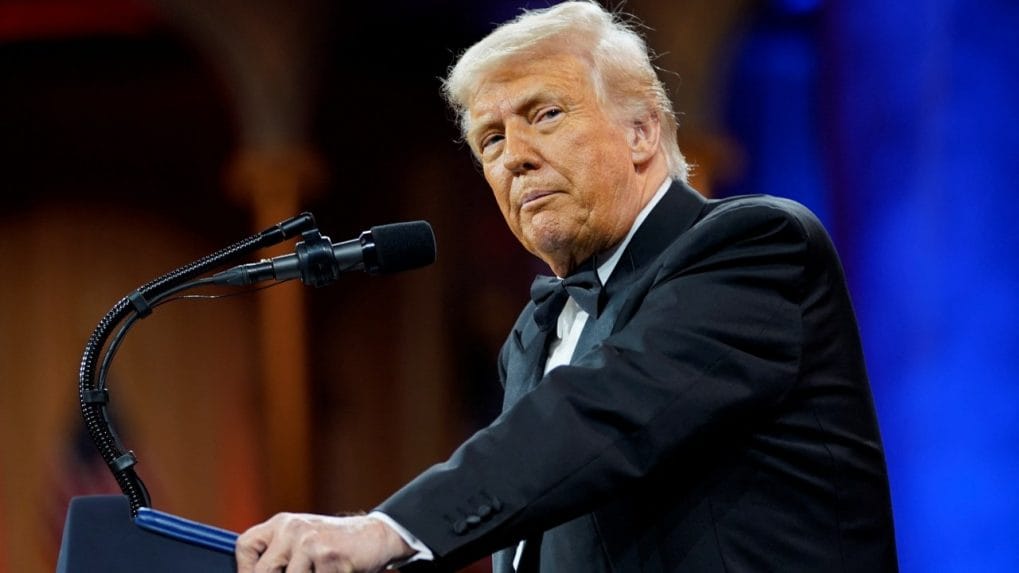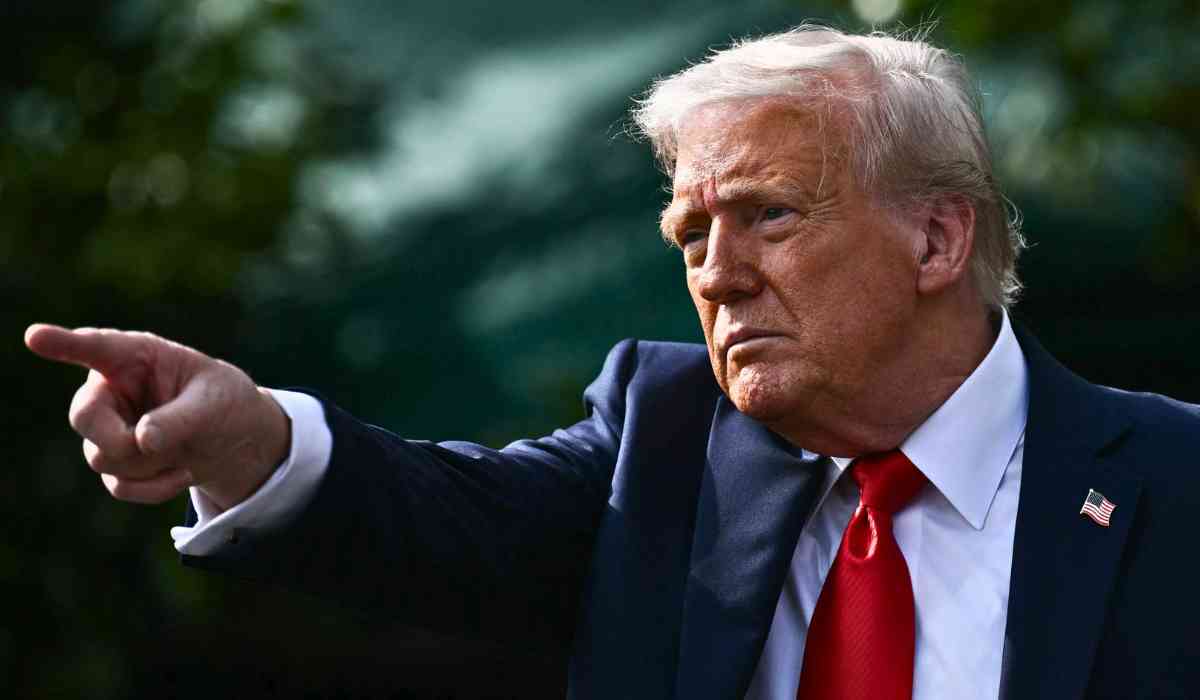In a stunning move that has caused shockwaves throughout the global education community, former U.S. President Donald Trump signed a proclamation on June 4, 2025, suspending the admission of new foreign students to Harvard University on F, M, or J visa categories. The move, which only applies to Harvard and not other American institutions, is a sharp escalation in the protracted saga of antagonism between the Trump administration and one of the world's best-known academic institutions.
What Does the Proclamation Do?

The new policy stops the arrival of any new foreign student who intends to study at Harvard or be a participant in its exchange programs. It also requires the Secretary of State to examine and potentially cancel the visas of existing foreign students at Harvard if they meet specific, as yet undefined, criteria. Notably, the ban does not extend to other U.S. schools under the Student Exchange Visa Program (SEVP), and exceptions may be granted to those whose entry is deemed to be in the national interest.
Why Did Trump Take This Step?

President Trump and his officials have cited national security concerns as the primary reason for this action. As per White House reports, Harvard has been charged with having "a demonstrated history of troubling foreign connections and radicalism". The administration asserts that Harvard did not reveal sufficient information on its foreign students, particularly disciplinary history and alleged misbehavior. The White House noted that only three instances of student misbehavior were reported, which they considered not enough for proper monitoring.
The government also expressed alarm regarding foreign influence on campus. The proclamation cites FBI alerts that foreign enemies might take advantage of access to American campuses to pilfer sensitive data, utilize research, or disseminate propaganda. The White House notably pointed out that Harvard had gotten more than $150 million in donations from China and associated some campus antisemitic incidents with foreign students.
How Has Harvard Responded?
Harvard University has forcefully pushed back against the new restrictions. Harvard contends that the federal government's demands encroach on its independence and academic freedom. Harvard has widened its legal challenges, labeling the federal demands "unconstitutional." The university insists that it has cooperated in good faith to provide information but that the administration considered its response insufficient.
This is not the first time that Harvard has come into conflict with the Trump administration. In September, the administration tried to take away Harvard's authority to accept foreign students, but a federal court temporarily put that on hold. The new proclamation, though, relies on a different legal framework, so it is more difficult for the courts to act so quickly.
What Are the Broader Effects?

With roughly a quarter of Harvard students being international students, the consequences of this move will likely be substantial. Not only will it disrupt the lives and future plans of tens of thousands of youth from all over the globe, but it will also likely damage Harvard's international reputation and competitiveness as a magnet for the world's best talent. The action could also put diplomatic and research relations between the U.S. and other nations, particularly those that have a high volume of students attending Harvard, under tension.
What Does This Mean for Education and Society?
Objectively, this new move prompts significant concerns regarding whether the balance between national security and academic freedom is being toppled. On the one hand, there is an obligation of the government to secure the country against possible threats, and universities do accept sizeable amounts of money from abroad, creating legitimate concerns regarding influence and spying. On the other hand, American institutions such as Harvard have traditionally been viewed as world leaders in research and education, and their receptivity to international students has been a source of innovation and cross-cultural exchange.
Opponents of the action point out that singling out a single university sends a dangerous signal and will be interpreted politically, particularly considering the legal and political spats between Harvard and the Trump administration. Supporters of the restrictions, however, point out that universities need to take responsibility for how they deal with foreign students and funding, particularly when it comes to national security.
The new edict will likely encounter legal challenges, just as earlier efforts to limit foreign students at Harvard did. The result is unclear, but the conflict regarding the position of international students in higher education in the United States is far from settled. As the story unfolds, it will be critical to monitor how other institutions, legislators, and judges react.
Final Note

President Trump's announcement to limit visas for new foreign students to study at Harvard is a landmark development in the ongoing controversy surrounding national security, academic freedom, and the place of international students in American higher education. The administration has defended the action as a measure to safeguard the nation, but others caution that it is likely to damage America's reputation as an education powerhouse. For now, the future of thousands of international students hoping to study at Harvard remains uncertain, and the broader implications for American universities are still unfolding.
This tale will unfold further, and its reverberations will be heard far beyond the grounds of Harvard University. Whether this is a move toward increased security or an obstacle for academic freedom and international cooperation is something only time will tell. For parents, students, educators, and policymakers worldwide, it is a reminder of the extent to which education and politics can become entangled from time to time.
With inputs from agencies
Image Source: Multiple agencies
© Copyright 2025. All Rights Reserved Powered by Vygr Media.

























